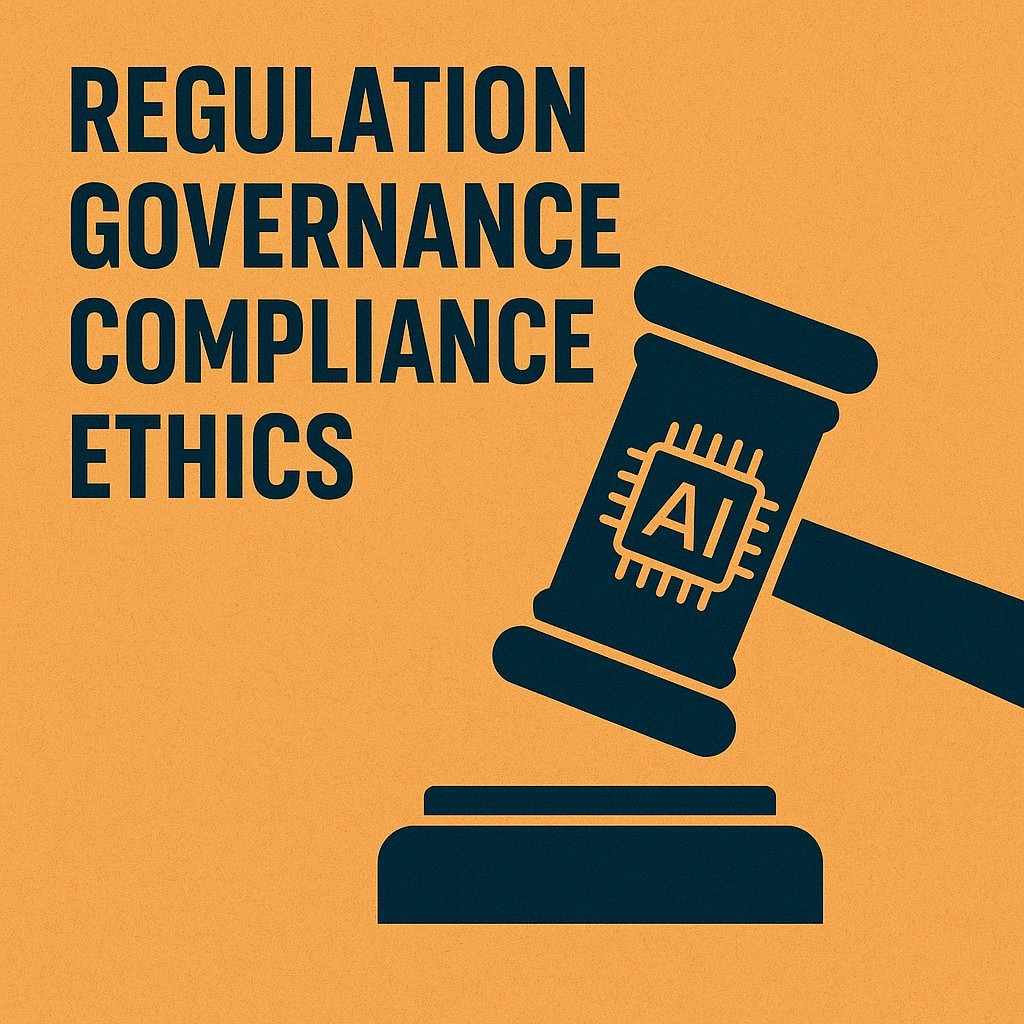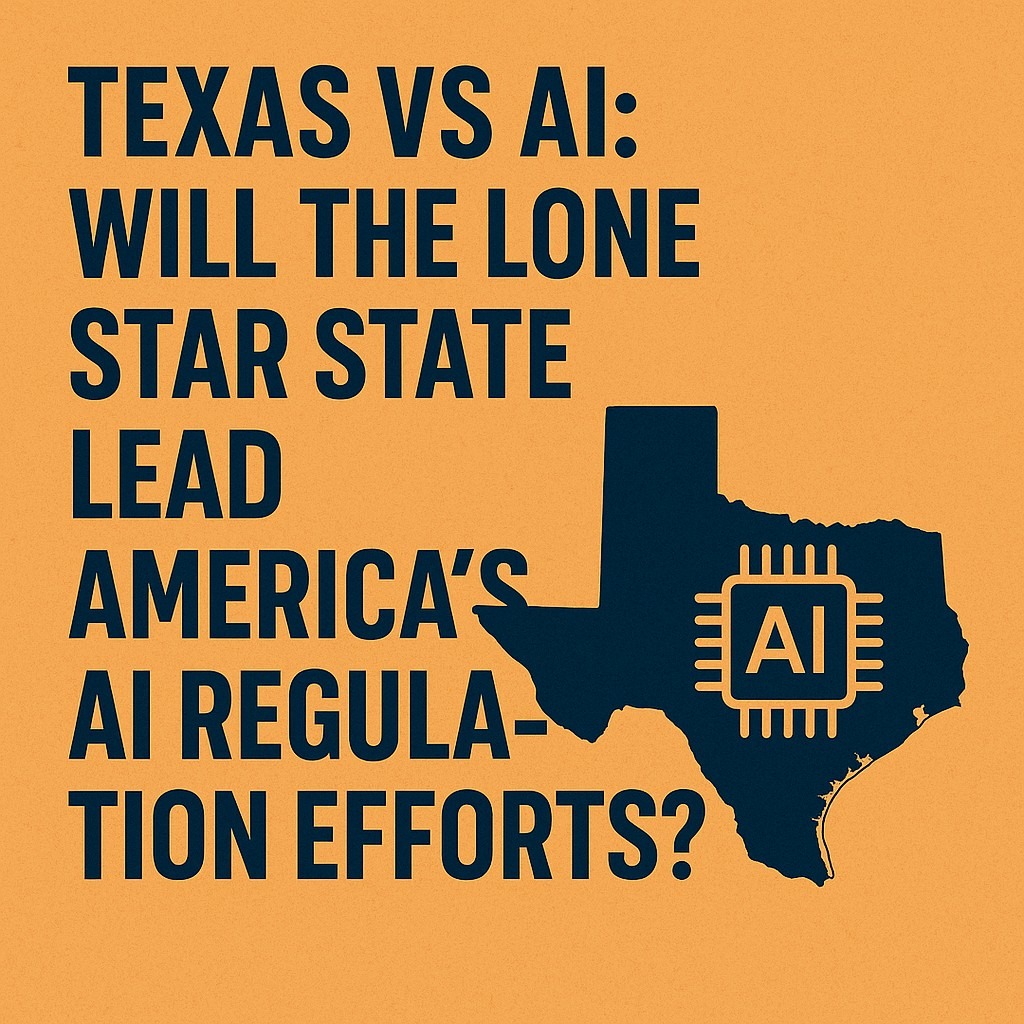Introduction
Artificial intelligence is evolving fast and lawmakers are finally catching up. In a bold move, Texas is leading the charge with new legislation aimed at regulating AI. This isn’t just about technology; it’s about accountability, transparency and the future of innovation in America.
What Is Texas Proposing?
The proposed bill focuses on establishing ethical guidelines for AI used in both public and private sectors. If passed, it will:
- Create a state AI advisory council.
- Mandate transparency for AI systems used in public services.
- Encourage AI audits to ensure fairness and accuracy.
Although these steps sound promising, they’re just the beginning. Critics argue the bill lacks strong enforcement mechanisms. Moreover, it does not fully address private-sector applications that often raise privacy concerns.
Why Does This Matter Now?
AI is no longer a distant future—it’s today’s reality. From chatbots to predictive policing, AI is everywhere. However, regulation has lagged behind. Without clear rules, bias, misuse, and overreach become real threats.
Texas stepping up could signal a shift in national priorities. By setting early standards, the state could shape how other regions draft their own laws.
Furthermore, businesses need regulatory clarity. Clear guidelines help companies innovate responsibly, without the fear of future legal pushback.
The Push and Pull of Progress
Not everyone is thrilled. Tech industry leaders fear overregulation could stifle innovation. They argue that flexible frameworks work better in a fast-changing field.
On the other hand, civil rights groups say the bill doesn’t go far enough. They call for stricter rules on surveillance, data privacy, and automated decision-making.
These tensions highlight a crucial debate: How do we protect society without slowing technological growth?

What Could Happen Next?
If the bill passes, Texas may become a model for other states. Lawmakers in California and New York are already discussing similar ideas.
Federal regulators might also take notes. As more states act, pressure will mount for a national framework.
Moreover, companies will need to adjust. They may have to conduct AI risk assessments, document how their systems work, and explain decisions to users.
What Should Businesses and Consumers Do?
For now, stay informed. Businesses should begin auditing their AI tools. They should also review data practices and consider hiring AI ethicists.
Consumers, meanwhile, must push for transparency. Ask questions about how companies use AI. Read terms and conditions. Advocate for your digital rights.
This isn’t just about technology—it’s about power and trust.
Final Thoughts
Texas might not be the first place that comes to mind when you think of tech regulation. But that’s exactly why this move matters. It shows that AI governance is no longer limited to Silicon Valley or Washington, D.C.
This legislation could spark a nationwide conversation. And that’s a good thing.
Because if we want AI to serve the people, we need to start by setting the rules.


